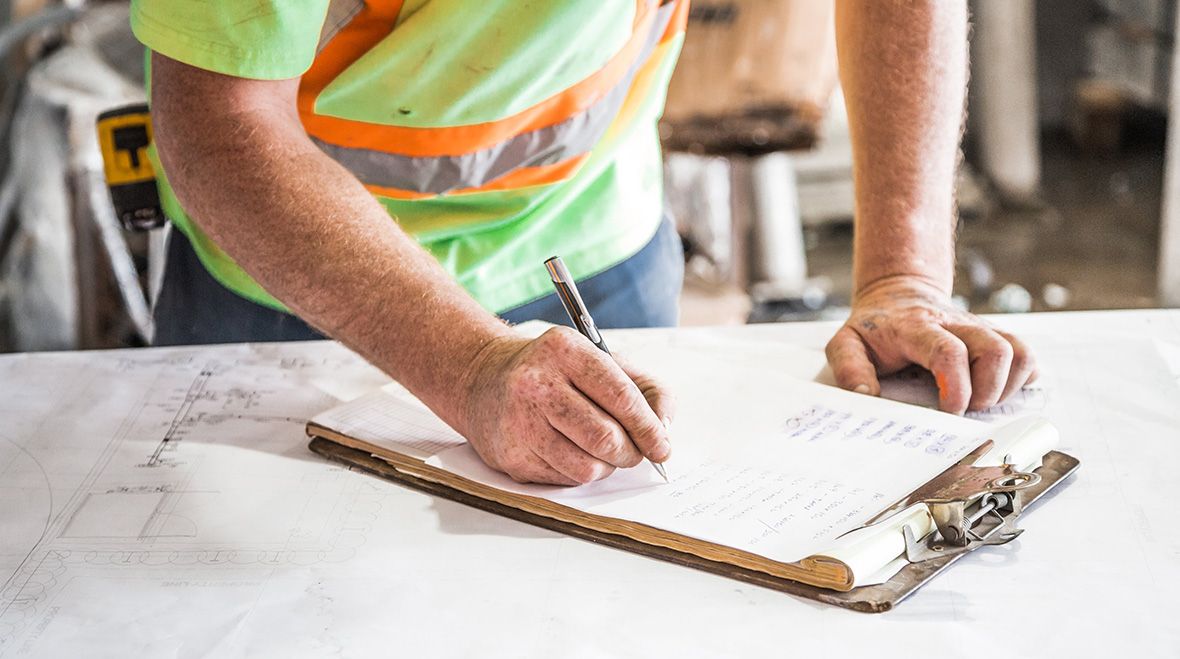
As you probably know by now, if you own a leasehold flat you will usually have to pay service charges (sometimes known as maintenance charges) in return for the upkeep and maintenance of the communal parts of the building.
Communal parts of a building can include items such as the roof or structural parts of the building, and maintaining such aspects can be expensive.
Law is in place to ensure that leaseholders can’t be hit with a huge bill without prior consultation or warning.
If any one leaseholders’ contribution to a project is going to be more than £250, then a formal statutory procedure must take place.
That procedure is known as the Section 20 process and is governed by the Landlord and Tenant Act 1985 (as amended). The procedure is a three-stage consultation process, informing residents that works are going to be required and each leaseholder will be required to contribute more than £250 towards a specific project (i.e roof replacement).
In brief, the three stages are as follows:
Stage One: Notice of Intention
The first notice sent to the leaseholders will tell them what works are being proposed and why and will allow for leaseholders to make observations about the works.
Stage Two: Summary of Estimates
The second notice sent to the leaseholders will provide details of the quotes obtained for the works.
Stage Three: Notice of Reasons
If the cheapest quote is not selected, then a third notice will follow to explain why another quote was preferred. It may well be that the cheapest contractor was not the most competent or was using cheaper materials that would result in the works needing to be carried out again, much sooner.
Every lease is different but on receipt of such a notice, a good starting point would be to consider if a) the lease allows for such works to be done, b) if the works are actually required and c) if the cost of the works are reasonable and entitled to be charged to the leaseholders.
Often, when a section 20 process is initiated, it is obvious what the works relate to. For example, if the roof has been leaking for some time and repairs have been tried and failed, it will be quite obvious that a roof replacement is necessary. It may not always be that obvious though and whether works are due or not could be a matter of opinion.
There are therefore many things to consider if faced with a section 20 notice, including if the works are required, if the quotes are reasonable and if the lease permits for the landlord/management company to recover such costs from the leaseholders. If you have any doubts on these questions then ensure you respond to the notices within the statutory time periods, so your opinions are taken into account.
If the answers are yes to all of those questions then it is likely that you will be required to pay the demand for the works, when it arrives. Any works are usually in the interests of all residents and so making prompt payment can often be helpful.
If you have any queries or concerns regarding this process and any demands or notice you have received, we recommend expert advice is sought.


